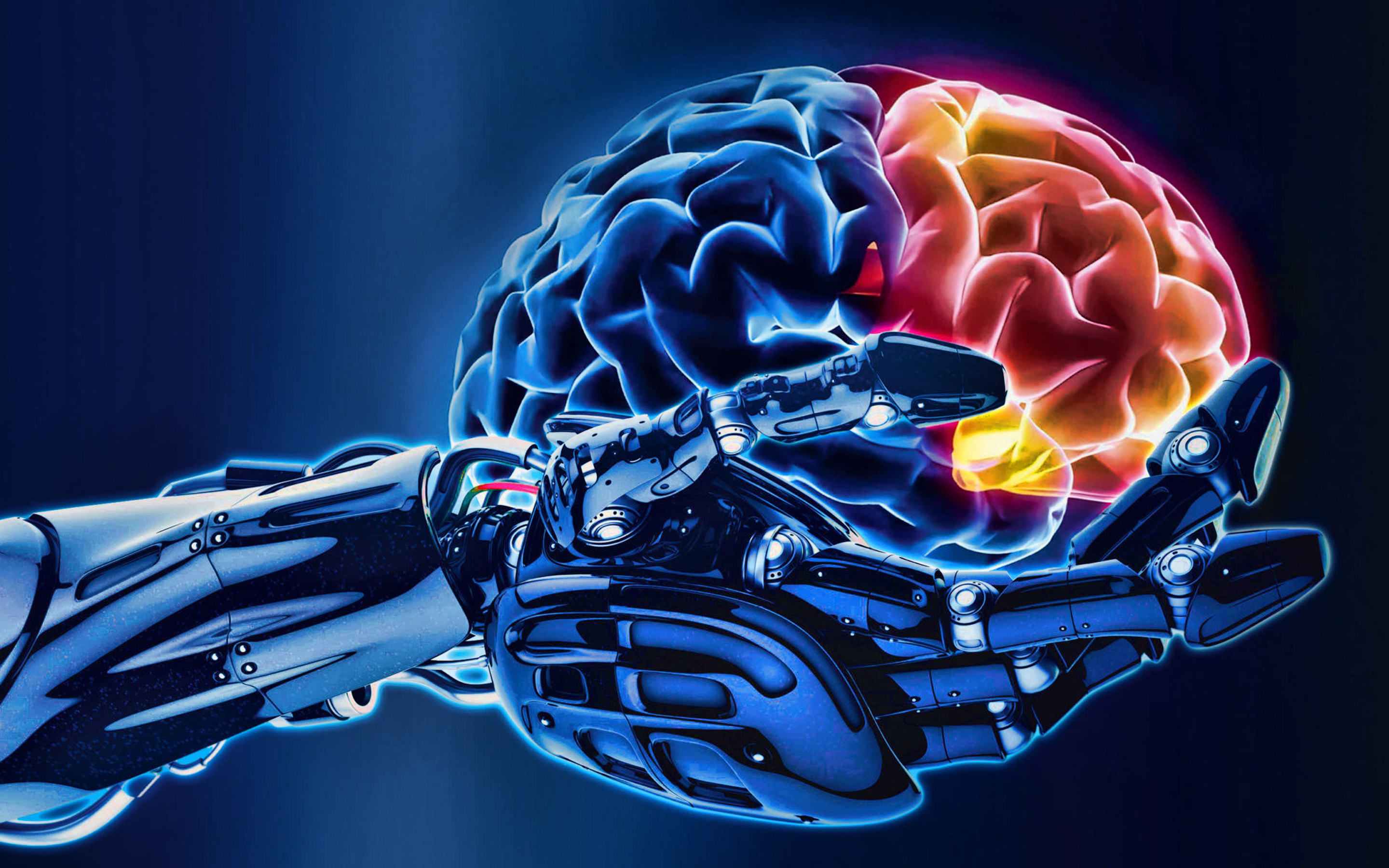Unveiling the Future: The Rise of Artificial Intelligence
Unveiling the Future: The Rise of Artificial Intelligence
Blog Article

Artificial intelligence, often abbreviated as AI, is a rapidly evolving field that has captured the imagination of many. Its potential to revolutionize industries, enhance daily tasks, and even shape the future of our society is becoming increasingly evident. From self-driving cars to personalized recommendations on streaming services, AI is all around us, quietly transforming the way we live, work, and interact with our environment.
The concept of artificial intelligence dates back decades, with roots in science fiction and academic research. However, recent advancements in computing power, data availability, and algorithms have propelled AI into the forefront of technological innovation. With machine learning, neural networks, and deep learning techniques driving progress, the applications of AI are expanding beyond what was once thought possible. From improving healthcare diagnostics to optimizing supply chains, artificial intelligence is poised to play a major role in shaping our collective future.
https://www.blab.com
History of AI
Artificial intelligence (AI) has a rich and intriguing history that dates back to the mid-20th century. The roots of AI can be traced back to the work of pioneers such as Alan Turing and John McCarthy. Turing's concept of a machine that could exhibit intelligent behavior laid the groundwork for the development of AI as we know it today.
In the 1950s and 1960s, the field of AI saw significant progress with the creation of programs capable of solving problems and reasoning like humans. This era witnessed the birth of iconic projects like the Logic Theorist and the General Problem Solver. Researchers were driven by the idea of creating machines that could mimic human intelligence and carry out complex tasks.
The evolution of AI continued into the 21st century, marked by advancements in machine learning, neural networks, and deep learning. Breakthroughs in areas such as natural language processing and computer vision have propelled AI to new heights, making it an essential part of various industries and revolutionizing how we interact with technology.
Current Applications
Artificial intelligence has become ubiquitous across various industries. In healthcare, AI is being used to analyze complex medical data to assist doctors in making more accurate diagnoses and treatment decisions. It has also been deployed in drug discovery processes to expedite the development of new medications.
In the financial sector, banks and financial institutions are leveraging AI algorithms to detect fraudulent activities, predict market trends, and personalize customer experiences. This has led to more efficient operations and better risk management strategies.
Another area where AI is making significant strides is in the field of autonomous vehicles. Companies like Tesla and Google have developed self-driving cars that use AI technology to navigate roads, interpret traffic signals, and make decisions in real-time. As this technology continues to evolve, it holds the promise of revolutionizing the transportation industry.
Future Implications
The future implications of artificial intelligence are vast and impactful. As AI continues to advance, we are witnessing its integration into various aspects of our lives, from healthcare to transportation, enhancing efficiency and accuracy.
One significant implication of AI is the potential transformation of the job market. While AI brings about automation of certain tasks, it also creates new job opportunities that require human skills such as creativity and critical thinking. Adapting to these changes will be crucial for individuals and industries alike.
Moreover, the ethical implications of artificial intelligence are a pressing concern. As AI becomes more autonomous and capable of decision-making, questions arise regarding accountability and transparency. It is essential for society to address these ethical dilemmas to ensure that AI developments align with human values and well-being.
Report this page